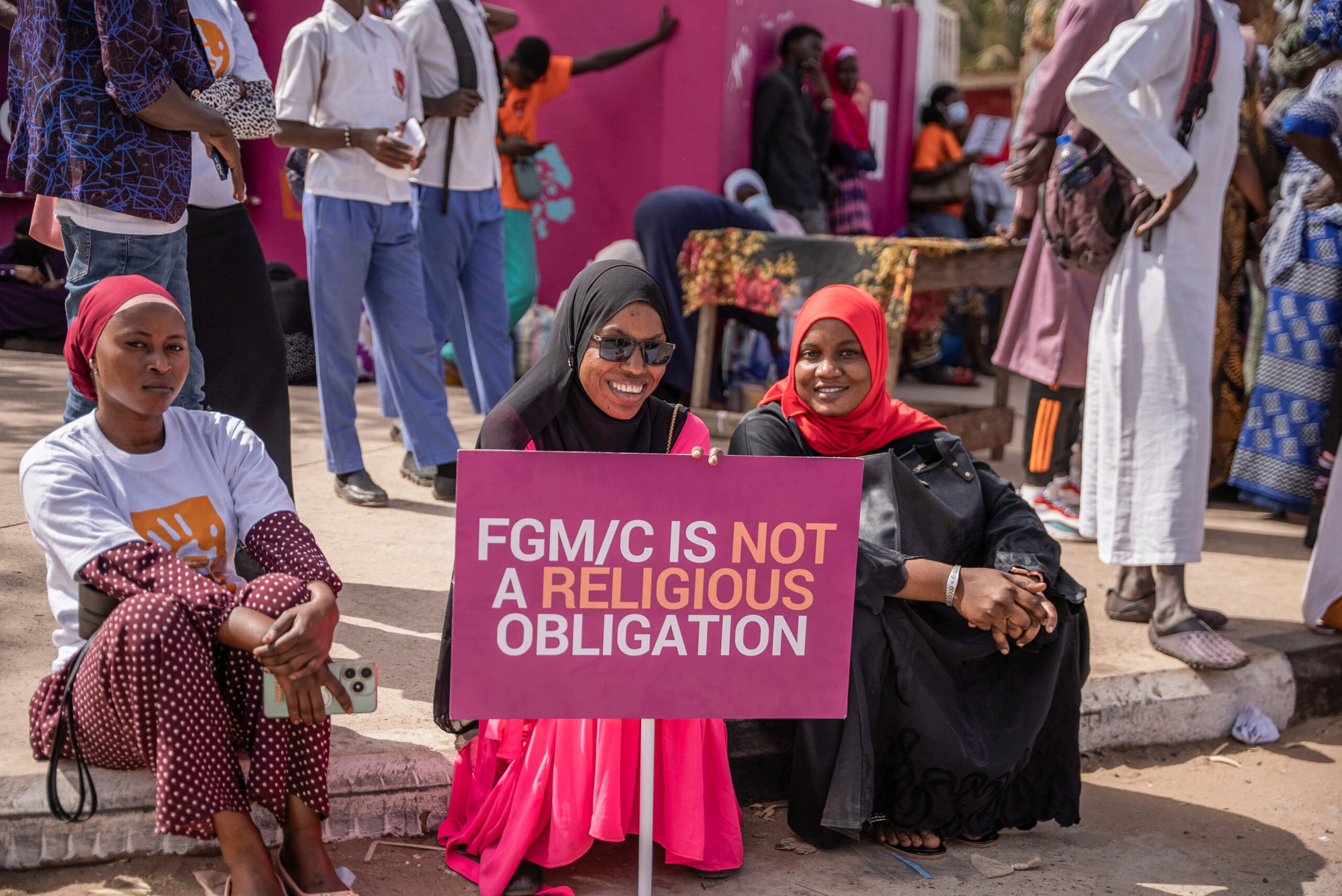
Legislators in Gambia discussed on Monday whether to remove the prohibition on female genital mutilation, which has become more common in recent years despite protests by activists to stop the practice.
Female genital mutilation, or FGM, is punishable by severe fines and jail terms in this small West African country as of 2015.
According to the World Health Organization, there are no health benefits to the procedure, and it can cause severe bleeding, shock, psychological issues, and even death.
The repeal measure was introduced by legislator Almameh Gibba earlier this month. According to Gibba, the restriction infringes on citizens’ rights to practice their culture and religion. The majority of the population in Gambia is Muslim.
READ ALSO: Government’s rejection to register an LGBT organization is supported by a Ugandan court
The Gambia will be the first nation to lift its prohibition on FGM if the measure is approved.
The speaker of the parliament stated that following debate, the MPs decided to refer the bill to a parliamentary committee for examination by a vote of 42 to 4.
It is likely that the committee would revise the law before returning it to the national assembly for a vote, a process that often takes three months or longer.
FGM IN GROWTH
The United Nations Children’s Fund announced earlier this month that the number of women and girls who have undergone FGM globally has climbed to 230 million from 200 million eight years ago.
With over 144 million cases, it stated that the majority of those women and girls were identified in African nations. Asia had over 80 million cases, and the Middle East had over 6 million cases.
Although it pointed out that more than half of the 92 nations where female genital mutilation is practiced have legislation against it, advocacy group Equality Now claimed that criminalization was a critical step in the fight against female circumcision.
According to U.N. estimates, the prevalence of female genital mutilation in the Gambia has drastically decreased since the practice was outlawed.
According to Caroline Lagat, a program officer at Equality Now, “there is a risk that the advocacy efforts in subsequent countries… will fail or go back” if the law is revoked in the Gambia.
The ban on gambling, which was imposed by the despotic former president Yahya Jammeh, has encountered opposition, especially since President Adama Barrow took office in 2017.
The first people found guilty under the law were three mothers who were penalized in August of last year for performing FGM on eight baby girls.
In response to the ruling, the Supreme Islamic Council of Gambia said that female circumcision was one of Islam’s merits.
Parliamentarians have expressed support for and opposition to the bill.
The Gambia’s Jaha Dukureh, an anti-FGM campaigner, expressed confidence that the law would be voted down, but acknowledged that campaigners like hers had a difficult fight ahead of them.
Reversing the ban on FGM, according to Michèle Eken, senior researcher at Amnesty International in Dakar, would set a concerning precedent.
“It will simply will be disastrous for women’s rights, not only in Gambia, but in the region,” she stated. “If this is passed, then what’s next?”
Pap Saine reported; Aaron Ross and Anait Miridzhanian wrote; Silvia Aloisi and Christina Fincher edited.



